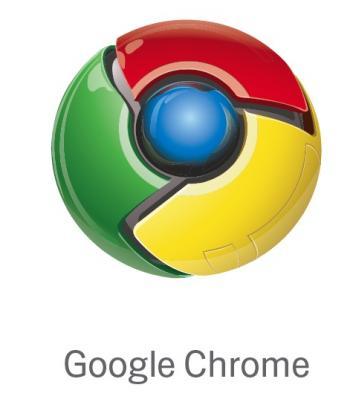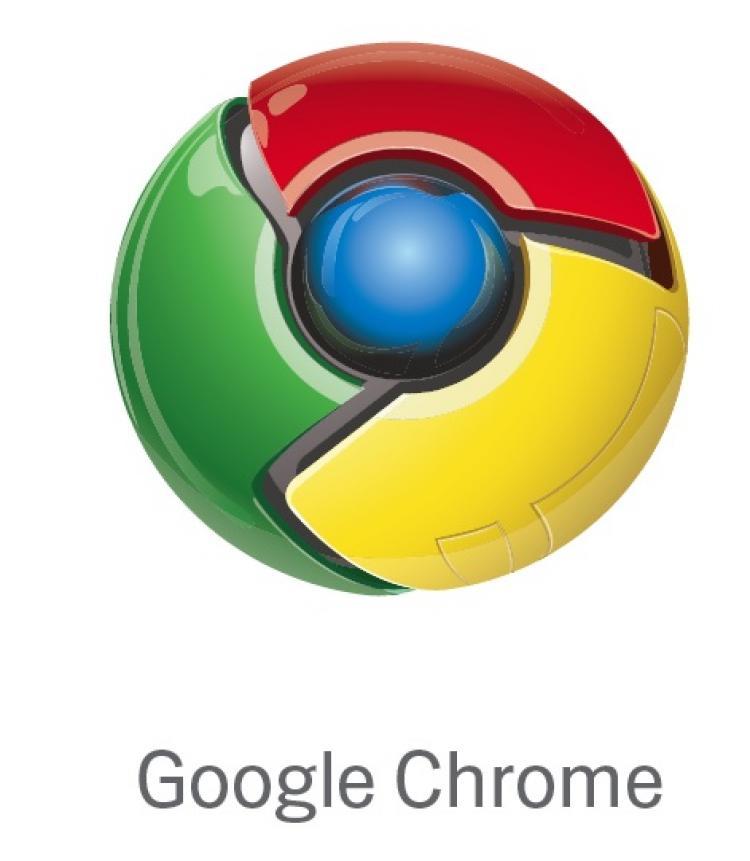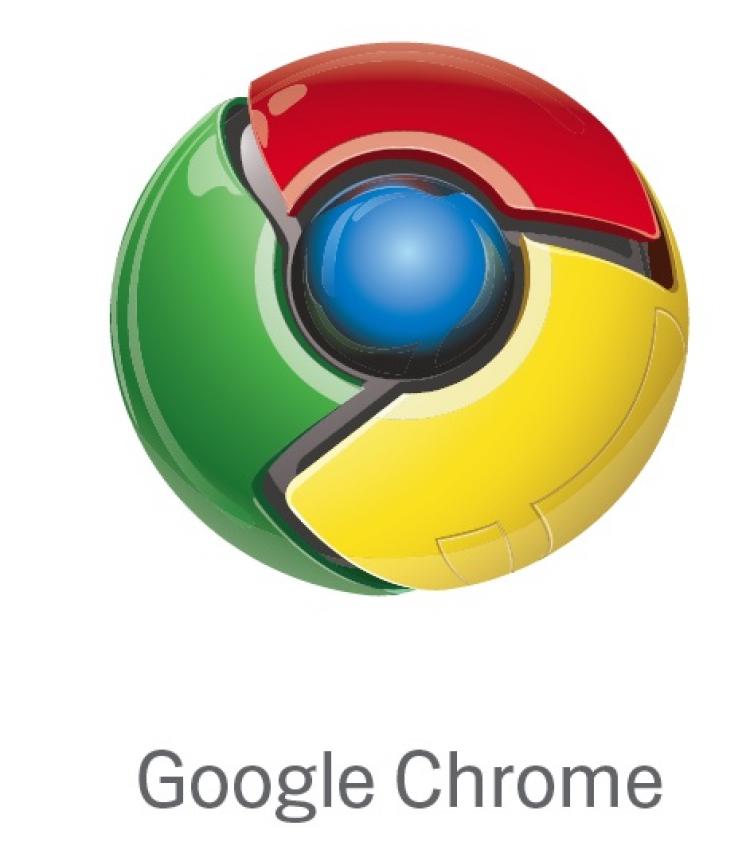What can’t Google do? The search engine giant released a beta version today of an open source web browser designed as an alternative to Microsoft’s Internet Explorer, Mozilla’s Firefox, and Apple’s Safari.
Google, in a statement, said that the software was “a new approach to the browser that’s based on the simplicity and power that users have come to expect from Google products.”
The browser, called Google Chrome, is connected to an open source project called Chromium, a web community of developers and users looking to “Help build a safer, faster, and more stable way for all Internet users to experience the web,” according to Google’s Chromium website.
“While we see this as a fundamental shift in the way people think about browsers, we realize that we couldn’t have created Google Chrome on our own,” said Linus Upson, Director of Engineering at Google. “Google Chrome was built upon other open source projects that are making significant contributions to browser technology and have helped to spur competition and innovation.”
The open course concept is not new; Mozilla’s Firefox browser, which has about 20 percent of the web browser market share, is also an open source project that has spread like wildfire. When Firefox 3.0 was released for download in June, the number of downloads of the software in the first 24 hours of its release set a Guinness world record. Its open source development allows for third-party developers to build add-ons and point out bugs and errors in the code.
Google is attempting to build off the momentum that Firefox has created in the browser world. But Google Chrome has its own unique features that distance it from Internet Explorer and Firefox.
Colorful, Yet Simple
The Chrome browser was, according to Google, “designed to make it easy for users to search and navigate the web for the content they’re looking for.”
Among the many ways Google believes Chrome will attract users is with its “combined search and address bar” that is similar to Firefox’s “frecency bar” (a play on “frequency” and “recency”) that intelligently predicts where a user wants to go.
Arguably Chrome’s most unique feature is a landing page that shows screenshots of most-visited sites, recent searches, and recent bookmarks whenever a user opens a new tab.
Additionally, Google boasts that Chrome’s tabbed windows each run as separate processes, meaning that when one tab crashes, it should not crash the entire browser.
Despite the seemingly complicated features, Google stressed Chrome’s simplicity.
“We think of the browser as the window to the web—it’s a tool for users to interact with the web sites and applications they care about, and it’s important that we don’t get in the way of that experience,” said Sundar Pichai, Vice President of Product Management at Google. “Just like the classic Google homepage, Google Chrome has a simple user interface with a sophisticated core to enable the modern web.”
Taking a Bite
Because it is open source, Google’s browser project borrows from competitors in the browser market.
Chrome uses Apple’s WebKit HTML engine, responsible for rendering web pages. Due to this, if a site “works in Apple Safari, then it will work very well in Google Chrome,” said Pichai.Chrome’s code and applications also take from the development of Mozilla’s Firefox, which Google has helped fund.
“We have borrowed good ideas from others,” Pichai commented. “Our goal here was to bring our point of view but do it in a very open way.”
Google Chrome is currently in its beta (test) release, and can be downloaded at www.google.com/chrome . Initial beta releases are only available for Windows XP and Vista, but Google states it will release Mac and Linux versions later this year.
It is available in over 100 countries and 40 languages, free of charge.






